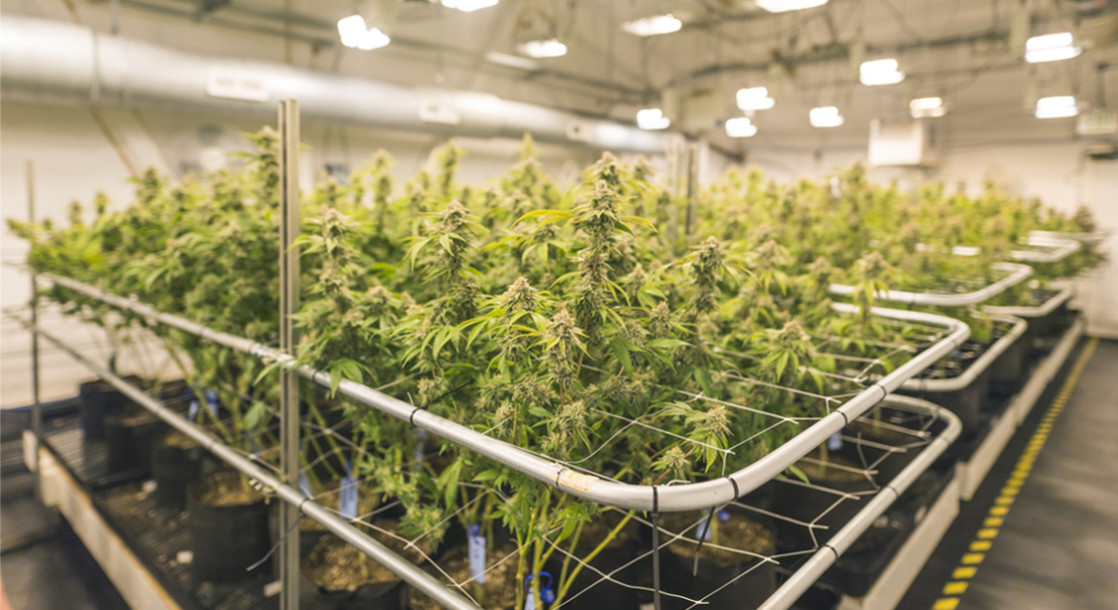Image via Srdjanns74
In a radical shift from America’s traditional policing protocol, ten communities in Colorado will use $21 million in state funding to keep people out of jail, focusing instead on finding professional help and creating stable lives for residents suffering from substance abuse and mental health issues — and it’s all thanks to legal weed.
According to the Denver Post, the Colorado Department of Human Services announced the new funds allocation Wednesday, presenting a slew of cannabis tax-funded programs that will last from three to five years, and include placing mental health professionals in police patrol cars, hiring recovering drug addicts to counsel users looking to get clean, and even providing free-of-charge housing for sex workers and addicts.
“We’re thrilled,” said Doyle Forrestal, CEO of the Colorado Behavioral Healthcare Council, to the Post. “We think it’s the most innovative and effective way we can use to get people into treatment in a direct way.”
Parting from past enforcement programs, the Centennial State’s cannabis-funded anti-imprisonment initiative is designed to respect the process of recovery, giving struggling Coloradans the leeway to relapse without losing state assistance.
“Individuals entering the program may be at different stages of readiness and may progress at their own pace without fear of being terminated from the program or prosecuted,” said state officials when soliciting bids from communities willing to test the new diversion philosophy. “They will not be denied services if they continue substance use or involvement in criminal activity. As a result, housing services do not require participants’ abstinence from substance use to determine housing eligibility or as a condition of remaining housed.”
The ten participating municipalities — Alamosa, Longmont, Denver, Pueblo, Larimer, Evans, Grand Junction, Pitkin, Broomfield and El Paso — will receive upwards of $300,000 each to partner cops with behavioral scientists, launch new programs, and fight opioid addiction without stuffing jail cells.
Since Colorado first began collecting tax on cannabis sales in 2014, millions in new revenue has already leapt from state coffers to communities in need. Last year cannabis funds facilitated the placement of nurses and health professionals at public schools across the state, while a number of rural counties saw cannabis cash pay for brand new school buildings and facilities.
Hot off yet another revelation in the Trump administration’s assault on addiction and mental health programs, and flying directly in the face of Attorney General Jeff Sessions’ recent anti-cannabis announcement and cuff-first, talk-later worldview, Colorado’s move towards progressive policing is yet another example of legal weed’s positive social impact, providing social services that would otherwise be unaffordable while carving a path to financial stability and enlightened policymaking that has since been adopted by states around the nation — a success story reiterated by Governor John Hickenlooper in his annual State of the State speech on Thursday.
“We were the first state to legalize recreational marijuana,” said Hickenlooper. “But while doing so, we’ve helped create a roadmap for other states. And by the way, I don’t think any of us are wild about Washington telling us what’s good for us. We expect that the federal government will respect the will of Colorado voters.”











